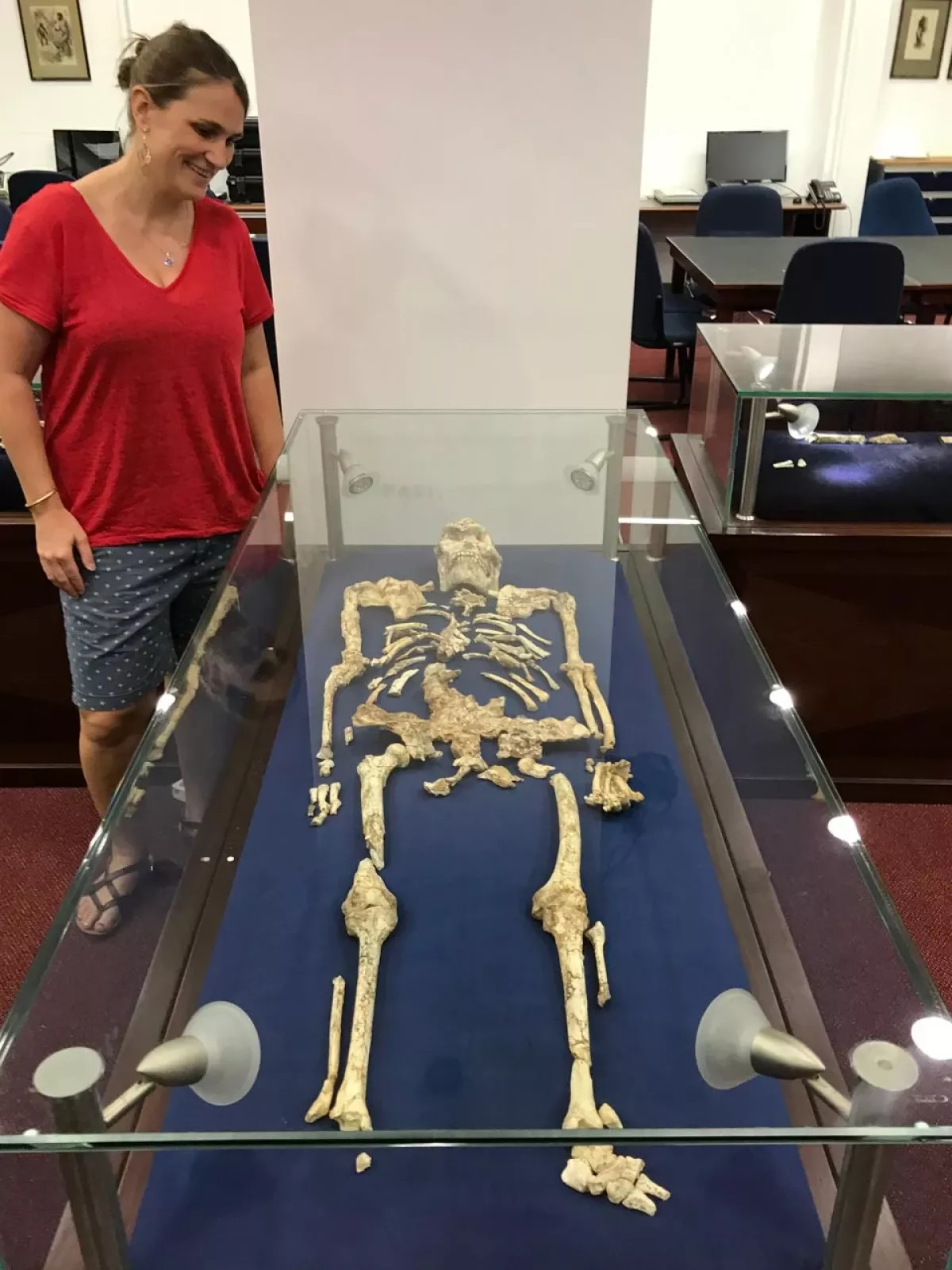New study reveals human ancestors had primarily plant-based diet
According to a report by ScitechDaily, groundbreaking research published in Science reveals that early human ancestors, such as Australopithecus, consumed minimal amounts of meat.
The study, conducted by a team from the Max Planck Institute for Chemistry and the University of the Witwatersrand, analysed nitrogen isotopes in the fossilized tooth enamel of seven Australopithecus individuals from South Africa’s Sterkfontein Caves. Their findings indicate that these hominins primarily relied on plant-based food sources, with little evidence of regular meat consumption.
The team used a novel technique to measure nitrogen isotope ratios in enamel, which can retain dietary signatures for millions of years. This method enabled researchers to identify that the nitrogen isotope ratios in Australopithecus enamel were consistently low—similar to those of herbivores and much lower than contemporary carnivores. The data suggest that these early hominins relied on plant-based diets and did not hunt large mammals, unlike later species such as Neanderthals. Although occasional consumption of animal protein, such as eggs or insects, cannot be entirely ruled out, the evidence strongly supports a predominantly vegetarian diet.

This research provides insights into the evolutionary significance of dietary shifts. The transition to animal-based resources, particularly meat, has been associated with brain development and advancements in tool-making. However, this study suggests that meat consumption was not a key component of Australopithecus’ diet, prompting questions about when and how this dietary shift began in human evolution.
The Sterkfontein Caves, part of South Africa’s “Cradle of Humankind,” continue to yield significant discoveries nearly 90 years after hominin fossils were first uncovered there. Researchers plan to expand their analysis to other sites across Africa and Asia to better understand the timeline and implications of dietary changes in early human evolution.
“This method opens up exciting possibilities for understanding human evolution, and it has the potential to answer crucial questions,” said Alfredo Martínez-García of the Max Planck Institute for Chemistry. The study, supported by the Max Planck Society and the German Research Foundation, underscores the value of innovative techniques in uncovering new aspects of human ancestry.
By Vugar Khalilov








